What are the risks of payments outside a platform or marketplace?
Each individual party in a transaction on a platform or marketplace assumes that everyone does what they have to do: the buyer pays, the seller delivers and the platform facilitates the transaction as well as the payment. Might this not be the case, and the payment is handled outside of the platform, all parties involved are exposed to serious risks. With the payment outside of the platform, it is easier to commit fraud, with all the consequences this entails for the reputation of the platform.
The risks for the buyer
As a buyer, you run the greatest risk if the payment did not run via the platform or marketplace. Despite the agreement you have made, the seller could potentially choose not to provide the product or service. At the end of the day, there is no or insufficiënt evidence that the payment actually took place. If things go wrong, neither the owner of the platform nor the payment service provider can do anything for you. They are not involved in the payment. In fact, even if you report it, the police will not be able to undertake action. This only happens when multiple reports have been made against a seller. If you don't want to wait for that, you can start a dispute.
In a lawsuit, you have to be able to prove that the seller did not deliver what you bought. But how are you going to do this if you have hired a cleaner via a platform, and he indicates that he has cleaned your house? In that case, you cannot provide rock-solid evidence. Besides the challenging burden of proof, the amounts involved are often relatively small, which is why the majority of people decide not to make a case out of it. This means that if a fraudulent seller does not deliver, he or she mostly gets away with it. Therefore, if you (as a buyer) choose to make the payment outside the platform, you are powerless and simply at the mercy of the vendor's whims.
Reducing the risks for the seller
For the seller, the risk lies in the absence of payment for the service or product provided. If you want to avoid this risk, there are several things you can do as a seller. For example, you can make a reservation on the buyer's credit card ensuring that the amount is already set aside for payment. You can also agree on a direct debit authorization. Furthermore, you can choose to apply escrow to the delivery and payment. In that case, the payment will go through the platform's payment service provider and you as a seller can hold on to your product or service until the payment has been made. Think, for example, of a holiday home owner who can use escrow to ensure that the code of a key cabinet is not released until the payment has been made. Or a seller on a trading platform who only sends the package once payment has been made and receives payment after the package has actually been delivered. These are proven to reduce payment risks and, in the previously used example, provide a pleasant guarantee that the tenant or buyer will meet the payment obligation.
Risk for buyer and seller: the platform goes bankrupt
A situation where both buyer and seller are running a financial risk is if the platform does not use a platform-PSP (payment service provider) is bankruptcy. It is therefore important for the buyer and seller to check that this is done in accordance with the applicable rules prior to trading on a platform. In this way, European PSD2 legislation must be complied with. PSD2 requires, among other things, that the payment service provider (PSP) with which the platform works must put the buyer's payment into a third-party account. The money from the payments is then never transferred to the account of the platform itself, but always to the third-party account of the payment service provider. This means that if the platform goes bankrupt, the payment can easily be returned to the buyer or transferred to the seller. Thus, the trustee cannot claim the money in the PSP's third-party account in order to pay off the platform's debts.
An example of this is Plugify, a platform on which artists could be booked. Because Plugify collaborated with a specialized platform PSP, the money of buyers and sellers was secured.
Read our blog: what happens with my money in case a platform goes bankrupt
Four risks you run as a platform owner
If you, as a platform owner, decide to handle payments outside your platform and without the help of a PSP, the following four risks are at stake:
-
you have to wait for your money (service fees)
-
there is no payment at all
-
you miss turnover due to private payment
-
you have no insight into fraudulent acts
If you as a platform allow buyers to pay via invoice, in most cases this unfortunately means that the invoice is paid very late or not at all. This often means that you have to chase payments and the liquidity is at risk. You could set up a debt collection process for this, but this does not guarantee the payment. In the end, if the buyer has no money in his account, the collection cannot be carried out.
Disintermediation will reduce your turnover
The revenue model of a platform is usually based on a percentage of a transaction or on the number of transactions. If users of your platform decide to arrange payment privately outside the platform, you will miss out on this transaction. For example, a consumer can place a job on a handyman's platform and agree with the handyman to make the payment directly. You can prevent this by having all payments run through your platform. In addition, you can adjust the settings so that a review can only be posted about the handyman if the entire process has been done via the platform.
Concluding that there are quite a few risks for all parties involved in making the payment outside the platform. As a platform owner, you want to safeguard your turnover and drive growth. To achieve this, minimizing these risks and creating a reliable platform for buyers and sellers is a first priority.
Only then, is there a good basis for trading.

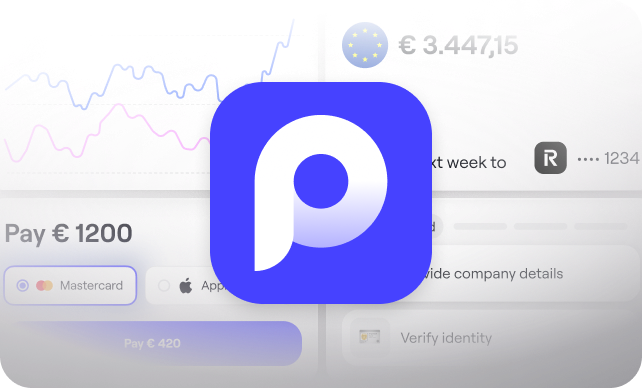
.svg)
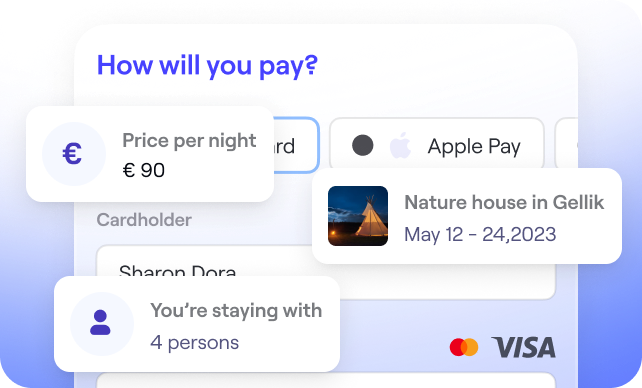
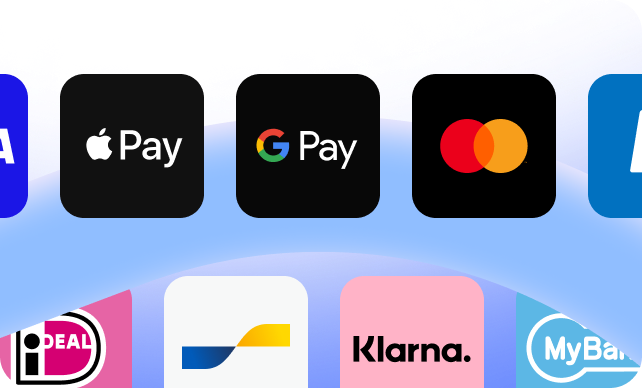

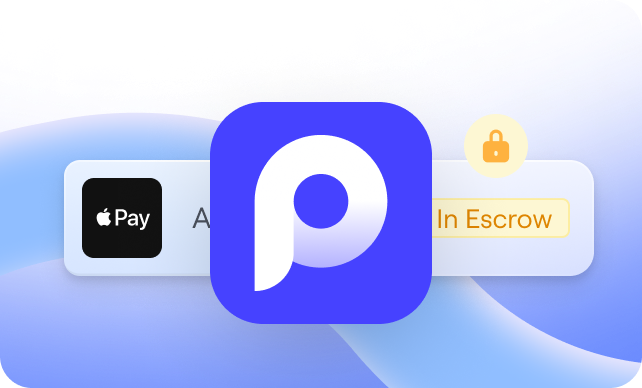

.svg)
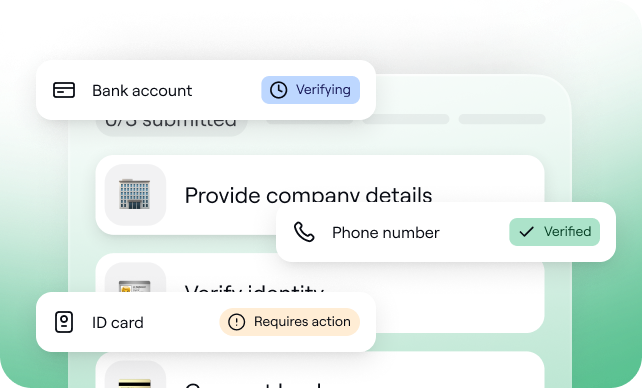
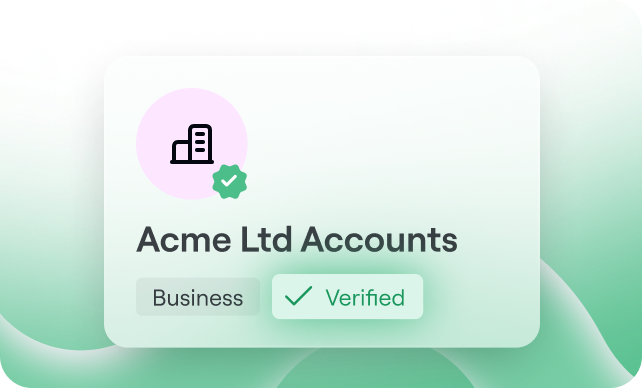

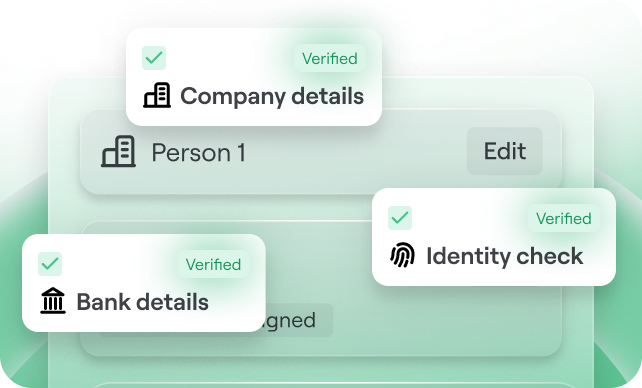
.svg)
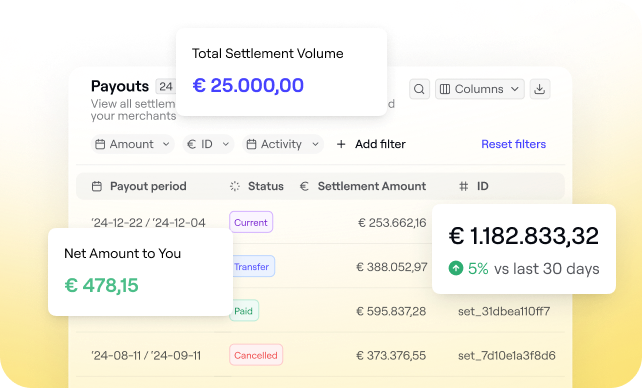
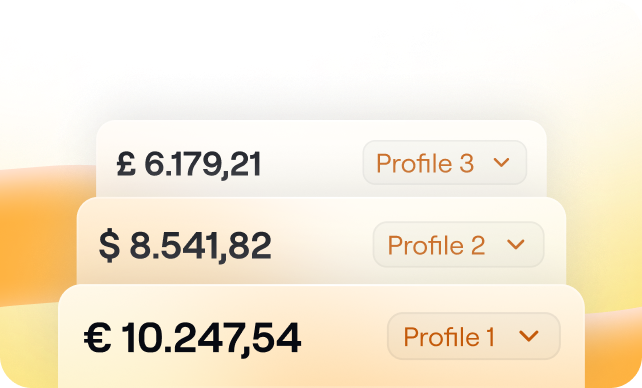
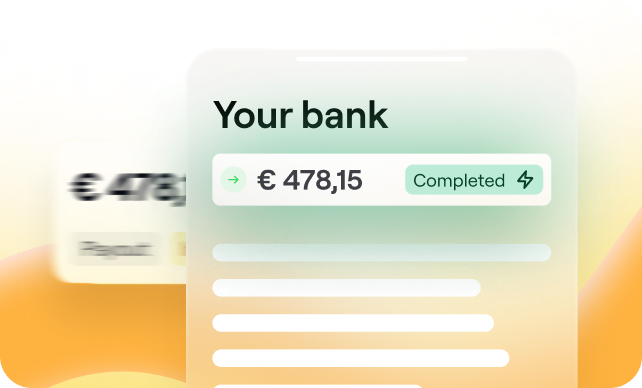
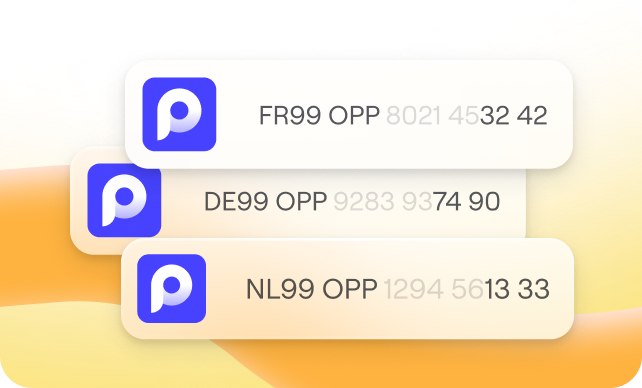
.svg)
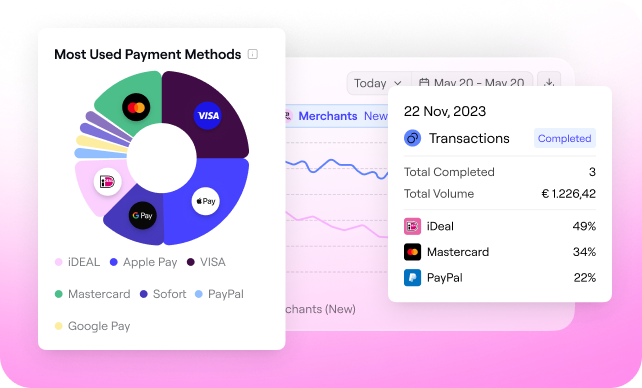
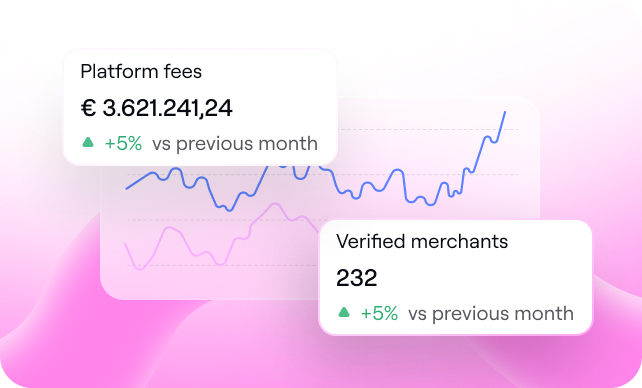
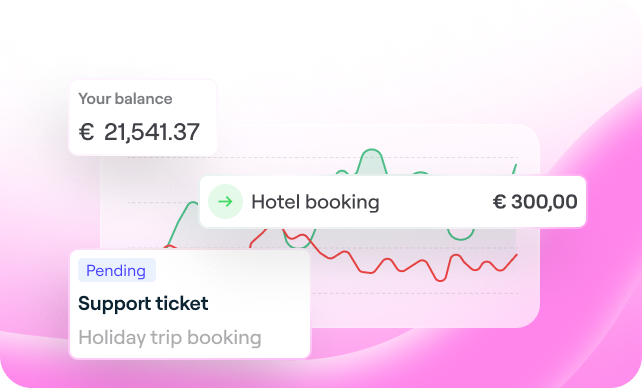
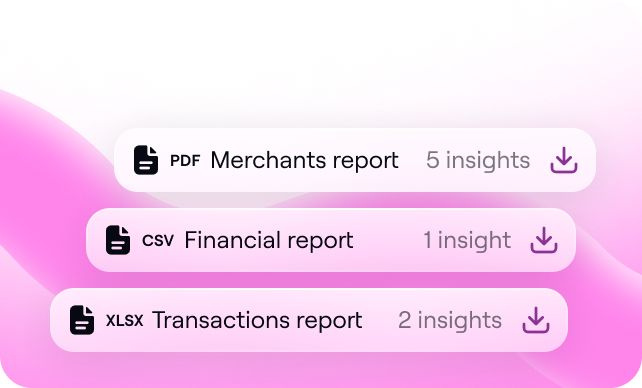
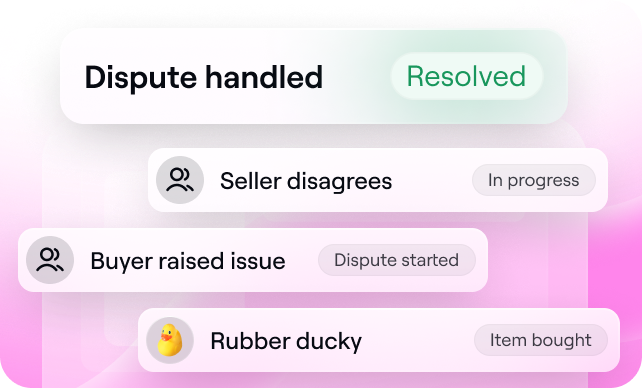






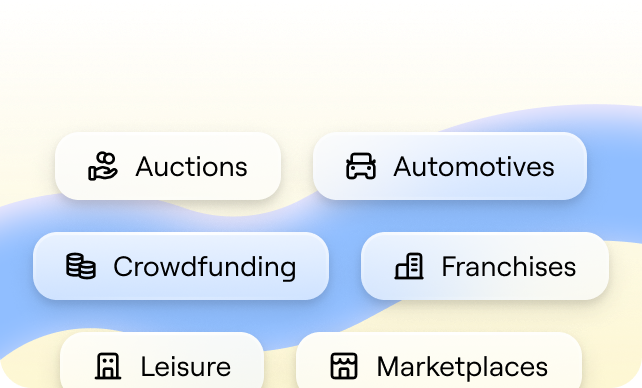






%20(1).png?width=1300&name=Copy%20of%20Copy%20of%20Blog%20post%20(1620%20x%201080%20px)%20(1).png)



.png)
.png?width=75&height=51&name=Worldline%20(2).png)